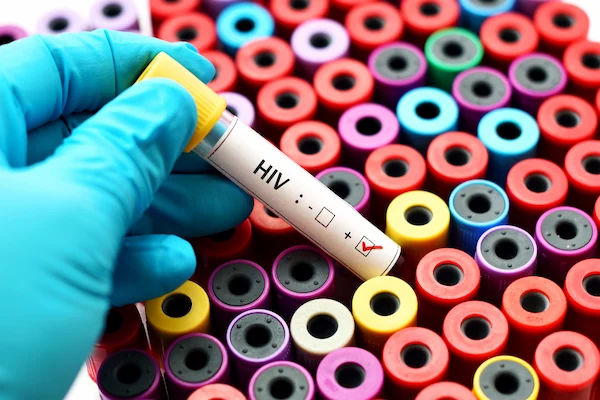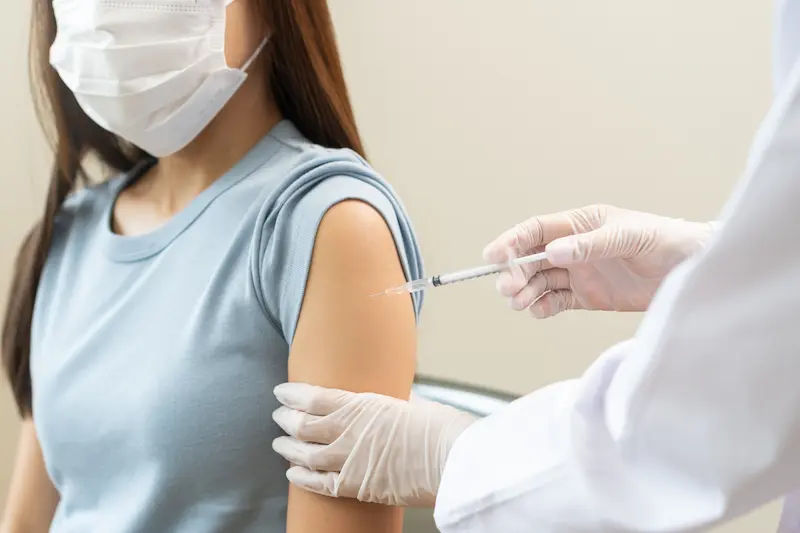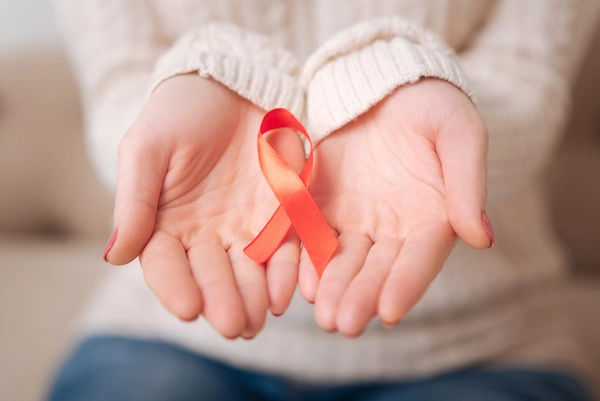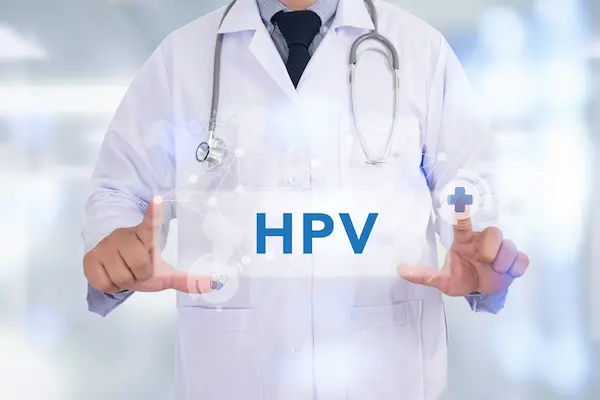- male
- 30 Years
- 29/01/2025
I finished my rabies vaccination series back in February, but I just got bitten by a dog in April. Should I get a booster shot now, or am I still protected? How long does the vaccine's protection last?
Answered by 1 Apollo Doctors
If you have completed a full course of rabies vaccination, you may not need a booster dose after a recent dog bite. The rabies vaccine provides long-lasting immunity, typically lasting for up to 2 years or more. However, in case of a high-risk exposure like a bite from a potentially rabid animal, a healthcare provider may recommend a booster dose as a precaution. It is important to seek medical advice promptly in such situations.
Dr. Dr Khaleel Suggests...
Consult a Infectious Disease specialist
Answered 04/07/2025
0
0

More Infectious Disease Health Queries
View allI'm really worried about my HIV status after having unprotected sex. How soon can I get reliable results from an HIV1 RNA quantitative real-time PCR test? I've heard it's different from a qualitative test, so I want to make sure I get accurate information.
After unprotected sex, the HIV-1 RNA quantitative real-time PCR test can give a quantitative HIV status typically within 9 to 11 days post-exposure. It is important to note that this test measures the amount of HIV virus present in the blood, rather than simply detecting its presence.
Answered by 1 Apollo Doctors
I'm dealing with this recurring infection caused by Staphylococcus aureus bacteria, and it keeps showing up every couple of months since it first appeared in January 2019. I've had it in various placeslike my knee, finger, chin, nose, and scrotum. Even after seeing multiple doctors and taking antibiotics like Linezolid and Clarithromycin, the infection just popped up again on my right scrotum, and every time it brings on a fever. I've even had surgery for a carbuncle on my knee under anesthesia. The pus and blood cultures both came back positive for Staph A, but my nasal swab results were negative both times, and blood cultures were too. I'm really struggling to figure out why this keeps happening and would appreciate any guidance on how to stop these infections from coming back. What could be causing this, and is there anything specific I should be doing to prevent it?
Recurring Staphylococcus aureus infections indicate a persistent underlying issue. To address this, consider: Medical Evaluation 1. Comprehensive metabolic panel (CMP) to rule out diabetes, kidney issues, or electrolyte imbalances. 2. Complete blood count (CBC) to assess immune function. 3. Erythrocyte sedimentation rate (ESR) and C-reactive protein (CRP) to monitor inflammation. 4. Staphylococcus aureus susceptibility testing to determine antibiotic resistance patterns. 5. Nasal swab and skin cultures to identify potential carriers. Infection Prevention Strategies 1. Personal Hygiene: Frequent handwashing, showering, and cleaning. 2. Skin Care: Moisturize, avoid irritants, and use antibacterial soap. 3. Antibiotic Stewardship: Avoid unnecessary antibiotic use. 4. Immunizations: Ensure up-to-date on influenza, pneumococcal, and tetanus vaccines. 5. Stress Management: Yoga, meditation, or deep breathing exercises. Root Cause Investigation 1. Carrier State: Nasal or skin colonization. 2. Underlying Conditions: Diabetes, eczema, or other skin conditions. 3. Environmental Factors: Contaminated surfaces or water. 4. Genetic Predisposition: Family history of Staph infections. Treatment Considerations 1. Long-term Antibiotics: Consider oral antibiotics (e.g., doxycycline or minocycline) for 6-12 months. 2. Topical Treatments: Antibiotic ointments or creams. 3. Surgical Intervention: Drainage or debridement for severe infections. Recommended Specialists 1. Infectious Disease Specialist 2. Dermatologist 3. Orthopedic Surgeon (for skin and soft tissue infections)
Answered by 1 Apollo Doctors
I'm really concerned because a friend of mine has been diagnosed with abdomen TB. I wanted to ask if this type of TB can spread through coughing or sneezing, or if it's not infectious like that. Is it safe for us to talk without wearing masks?
Patient is advised ATT for abdominal tb.Continue same treatment for 6-8 months.
Answered by 1 Apollo Doctors
Disclaimer: Answers on Apollo 247 are not intended to replace your doctor advice. Always seek help of a professional doctor in case of an medical emergency or ailment.





